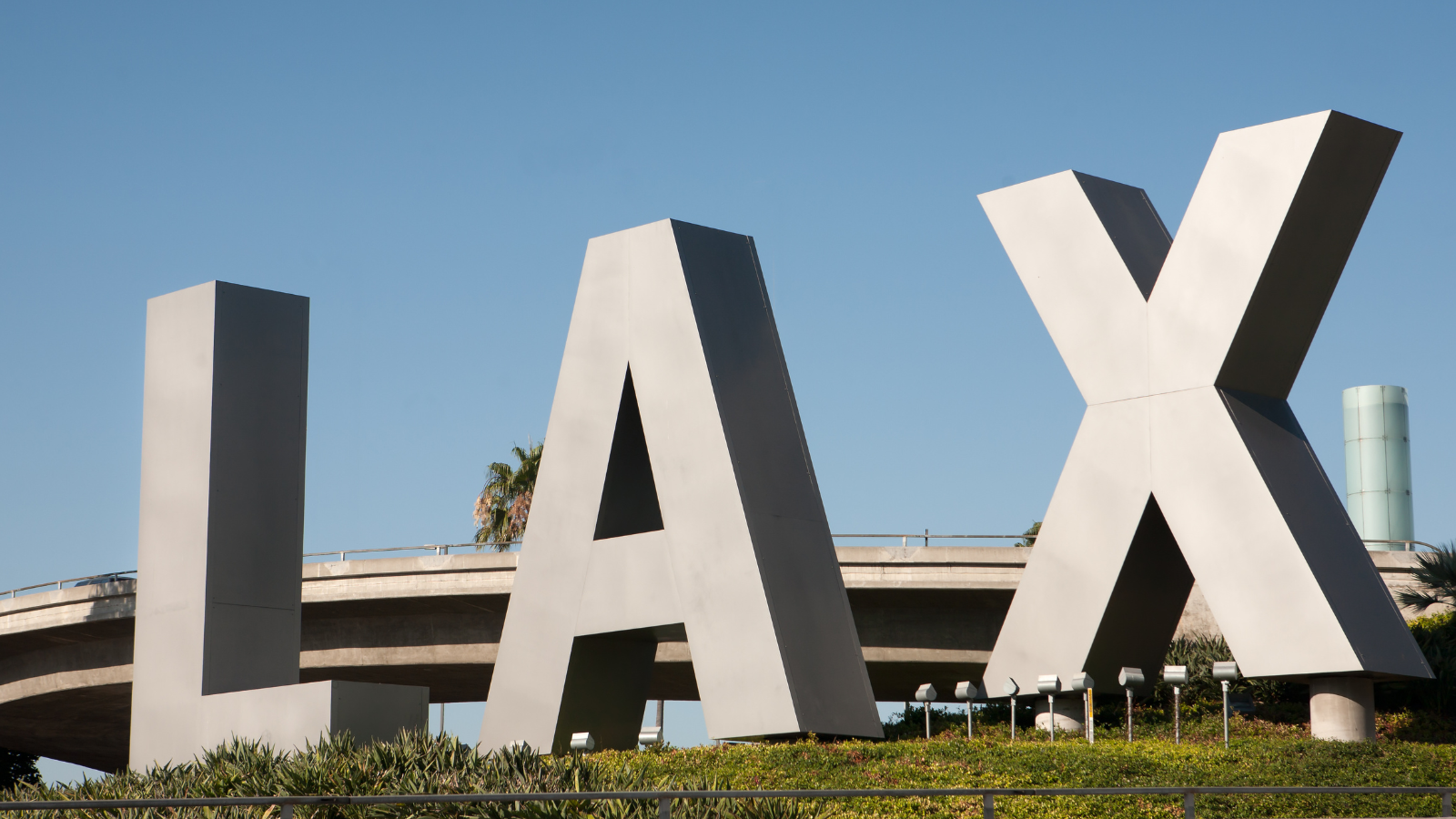Fast-Fashion Giants Shein and Temu Disrupt Global Air Cargo Industry
The rise of fast-fashion e-commerce giants like Shein and Temu is shaking up the global air cargo sector, according to industry insiders. These companies are prioritizing air shipping to ensure speedy delivery to consumers, causing a surge in air freight costs from Asian hubs like Guangzhou and Hong Kong.
Shein and Temu dispatch nearly 600,000 packages daily to the U.S., significantly impacting freight capacity and costs. This surge in demand is reshaping the air cargo landscape, prompting concerns about sustainability and capacity shortages in the long run. While Shein and Temu are exploring alternatives like sea freight and warehouse expansion, their rapid growth continues to reshape the logistics industry, posing challenges for traditional players and fueling debates over the future of airborne e-commerce.
Read more about this on Reuters >
WHY IS THIS IMPORTANT?
Big-shot fast-fashion online shops like Shein and Temu are changing things up in the air cargo game. They're cranking out loads of product straight from China to shoppers all over, and that's making it tougher for everyone else to snag space on cargo planes.
With more competition, prices are shooting up, there's not enough room for everyone's goods, and the regular way of doing things might get messed up. Trucking companies might be in high demand as peeps look for other ways to ship stuff around. Plus, knowing how these e-commerce giants are shaking things up can help everyone in the biz figure out how to stay on top of the game.
🔥 OUR HOT TAKE?
The meteoric rise of fast-fashion e-commerce giants like Shein and Temu has critics raising eyebrows over their prioritization of air shipping for lightning-fast deliveries. These companies are flexing their muscles, flooding the skies with packages bound for the U.S., driving up air freight costs, and truly - causing headaches for traditional players.
Concerns are mounting over the sustainability of this frenetic pace and the strain it puts on global logistics networks. Questions are lingering about the long-term viability of airborne e-commerce and its implications for the wider world of shipping and delivery. Soon, orange-branded Temu planes may be flying in the sky.
Supply chain issues in the global aviation sector are starting to improve, but it may still take a couple of years to fully resolve them, according to industry experts at the Singapore Airshow.
The rise of fast-fashion e-commerce giants like Shein and Temu is shaking up the global air cargo sector, according to industry insiders.
Efficiency in e-commerce shipping is crucial, and Delta Cargo and SmartKargo have joined forces to tackle common pain points for small parcel shippers.
Maersk is expanding its services to cover the entire supply chain, including air cargo operations.
FedEx is anticipating a significant loss of business with the U.S. Postal Service when its current contract expires.
As air cargo demand stabilizes and capacity increases, shippers are now in a better position to negotiate air freight rates, with a focus on securing low-rate levels for longer periods.
The U.S. Postal Service has drastically decreased its air cargo shipments by 90% over a two-year period, leading to an estimated $1 billion in annual transportation cost savings, according to U.S. Postmaster General Louis DeJoy.
As winter approaches, shippers are expected to have the advantage in air freight rate negotiations due to declining demand and spot rates in the air cargo industry.
Los Angeles International Airport (LAX) has chosen a consortium led by Realterm, the largest manager of on-airport air cargo real estate in North America, to undertake a revolutionary cargo improvement project.
Airlines' cargo revenue is experiencing a significant slump, with Delta, United, and American reporting year-over-year declines of about 40% in their second-quarter cargo revenue.
During the Paris Air Show, Boeing and Airbus have been focusing on customer orders for new passenger aircraft, with limited activity in the freighter sector.
Quality standards organization Cargo iQ has partnered with the International Federation of Freight Forwarders Associations (FIATA) and the Airport Services Association (ASA) to collaborate on enhancing standard practices in the air cargo supply chain.
Steamship lines are diversifying their services and seeking a larger share of the global logistics market by entering the rapidly growing air cargo market, according to the International Air Transport Association.
Carriers have announced plans to modernize their operations by eliminating paper trails.
Globalization is a complex and multifaceted process that involves the integration of economies, cultures, and societies across national boundaries.
In a November 17th earnings call, Gap CFO Katrina O’Connell credited lower air freight rates to the company’s improved operating margins during Q3.
Two new weekly flights have been scheduled between Greenville-Spartanburg Airport (GSP) in South Carolina and Incheon Airport (ICN), increasing the air market accessibility between Asia and the Southeast region of the United States.
Globally, flights were grounded for years due to Covid-19 restraints. Now that the flight paths have opened up wide, flight capacity is growing and air cargo spot rates are shrinking…
The Federal Aviation Administration is opening its wallet and sending out $31 million in federal grants for nine different air cargo infrastructure projects at airports across the United States.
The federal government is stepping in to help mediate labor talks between FedEx Express and Air Line Pilots Association, International (ALPA).
According to data from Clive Data Services, constant issues plaguing world trade have caused air freight rates to droop from their recent historic highs.
Labor shortages have concerned the air freighters as they struggle to manage the workload, even as capacity has dropped.























Peter Penseel, a veteran in air logistics, has stepped down as deputy CEO of CMA CGM Air Cargo, leaving the airline without an experienced air freight specialist.